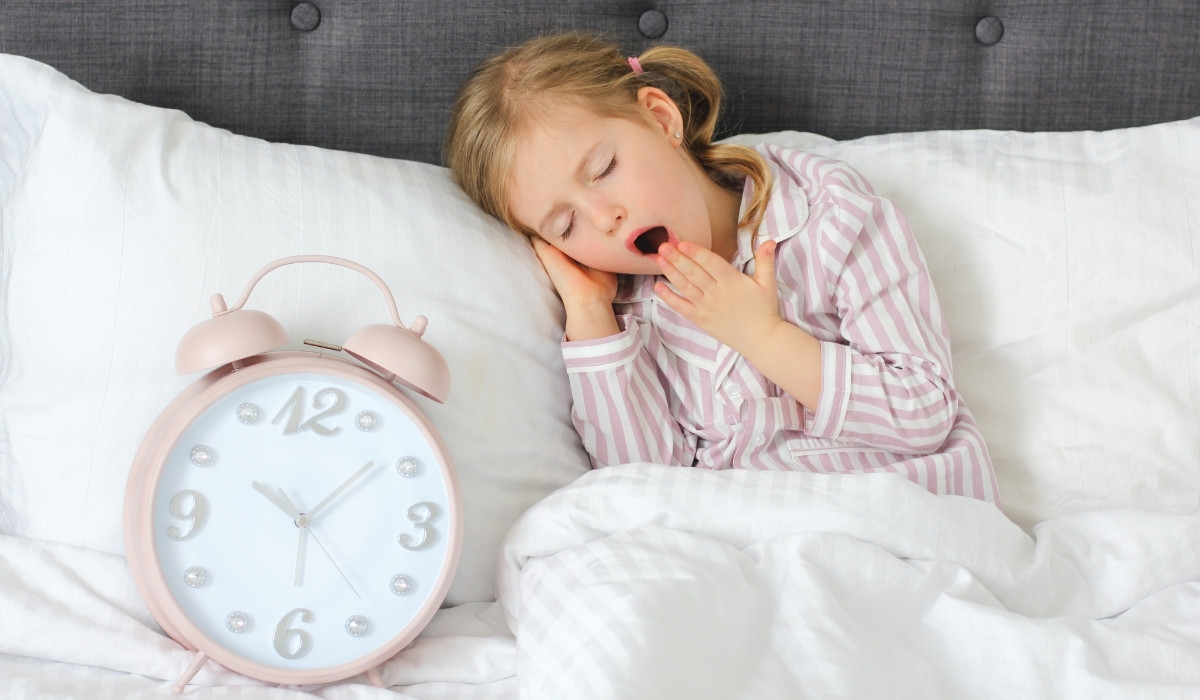Key Points:
- A consistent autism morning routine helps children feel calmer and more prepared for the day.
- Practical strategies like visual schedules, preparation the night before, and sensory-friendly environments can reduce stress.
- Parents can foster independence over time by breaking tasks into small, achievable steps.
Mornings can feel like a whirlwind in any household. For families of children on the autism spectrum, though, those early hours can be especially challenging. Between transitions, sensory sensitivities, and time pressure, it’s easy for stress to take over before the day has even begun.
But the good news is that with the right autism morning routine, mornings don’t have to be chaotic. They can actually become calm, predictable, and even empowering for both children and parents. Below are practical, compassionate tips to help you create a smoother start to your day — and set the tone for success.
Can Mornings Really Be Easier for Kids With Autism?
Yes, with some planning and consistency, mornings can become much easier for children with autism. An effective autism morning routine creates predictability, which many kids on the spectrum find comforting.
When a child knows what to expect and when, it reduces anxiety and gives them a sense of control. A good routine can also help parents feel more confident and less rushed, which benefits everyone in the household. The key is to design a routine that fits your child’s unique needs and build it up gradually so it becomes a habit.
Why Morning Routines Matter for Children With Autism
A thoughtful morning routine does more than just get a child out the door on time. For children with autism, it also:
- Minimizes meltdowns by reducing surprises and transitions.
- Supports independence by teaching step-by-step skills.
- Helps regulate emotions by providing a calm, predictable environment.
- Prepares them mentally and physically for school or therapy sessions.
Think of the autism morning routine as the foundation for the entire day. A rough morning often leads to a harder afternoon. Conversely, a calm morning builds confidence and sets a positive tone.
How to Build an Effective Autism Morning Routine
Every child is different, so there’s no one-size-fits-all answer. But there are tried-and-true strategies that help most families find their rhythm. Below are some suggestions to consider.
Prepare the Night Before
One effective strategy for calmer mornings is to organize and prepare everything you can the night prior:
- Lay out clothes, including socks and shoes, so there’s no last-minute searching.
- Pack school bags and place them by the door.
- Decide on breakfast and prep what you can ahead of time.
- Set out any sensory tools (like noise-canceling headphones) that your child may need.
This way, you wake up to a sense of readiness instead of chaos.

Use Visual Schedules
Children with autism often respond well to visual supports because they make expectations concrete and clear. A visual schedule can show each step of the morning, such as:
- Wake up
- Use the bathroom
- Get dressed
- Eat breakfast
- Brush teeth
- Put on shoes and jacket
- Leave the house
You can create this schedule using pictures, icons, or even written words, depending on your child’s level of understanding. Laminate it for durability and place it somewhere visible.
Break Tasks Into Small Steps
Big tasks can feel overwhelming, especially first thing in the morning. Breaking them into smaller pieces makes them more manageable. For example:
Rather than saying “Get dressed,” you can split it into smaller actions:
- Start with underwear.
- Next, put on pants.
- Then, add a shirt.
- Finally, put on socks.
You can even pair these steps with verbal prompts or the visual schedule to help your child stay on track.
Allow Extra Time
Many children with autism need more time to transition between activities, and rushing often increases stress. Building in extra minutes for each step of the autism morning routine gives your child time to adjust and complete tasks without feeling pressured.
Create a Sensory-Friendly Environment
Mornings can be full of sensory triggers — bright lights, loud alarms, uncomfortable clothes. Being mindful of your child’s sensory needs can make mornings more pleasant:
- Choose soft, comfortable clothing.
- Keep lights at a level that’s tolerable for your child.
- Play calming music if it helps, or let them wear headphones if noise is overwhelming.
- Use unscented products if strong smells are an issue.
These small adjustments can make a big difference in how your child feels during their morning routine.
Encouraging Independence Over Time
While it’s natural to want to help your child as much as possible, fostering independence can boost their confidence and skills. Start by letting them handle tasks they’re capable of, even if it takes longer or isn’t done perfectly. Over time, you can gradually fade your assistance as they become more comfortable managing parts of the autism morning routine on their own.
Some ideas to encourage independence include:
- Letting them pick their clothes from two choices.
- Allowing them to pour their own cereal with guidance.
- Having them check off completed tasks on the visual schedule.
Praise their efforts and celebrate small successes — progress often happens in tiny steps.
When Things Don’t Go As Planned
Even the most carefully planned routines will have off days. That’s okay. Flexibility is just as important as consistency. If a morning isn’t going well, try to stay calm, adjust as needed, and reassure your child that it’s okay to have tough moments.
Keeping a few comfort items nearby — like a favorite stuffed animal or sensory toy — can help soothe them if things feel overwhelming.
Support Your Child With Expert ABA Therapy
A smooth morning routine is just one part of helping a child with autism thrive. Professional support can make a big difference in building skills, reducing stress, and encouraging independence. At Empower ABA, we specialize in providing compassionate and effective ABA therapy in New York, New Jersey, and Virginia.
If you’re looking for guidance beyond the morning routine — from managing behaviors to teaching life skills — our team is here to help. Contact us today to learn how ABA therapy can support your family and help your child reach their potential.

